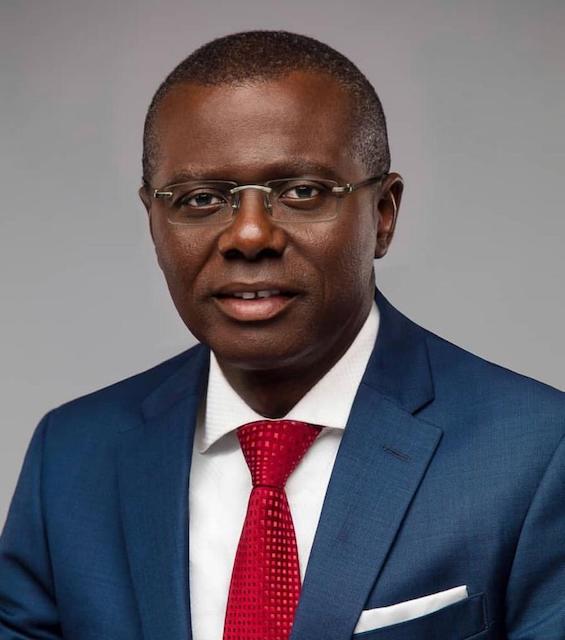Lagos Launches Omi Eko Project — €410m Drive to Electrify and Modernise Waterways

Lagos State has launched Omi Eko, a €410 million initiative to transform the city’s waterways into a cleaner, safer and smarter transport network. Backed by the European Union, the European Investment Bank and the Agence Française de Développement, the project aims to reposition Lagos’ inland waterways as a core pillar of urban mobility and the blue economy.
Under Omi Eko, the state will deploy a modern fleet of electric and hybrid ferries and upgrade terminals, jetties and navigation channels across priority routes. Key components of the project include the rollout of approximately 78 high-capacity electric ferries, the dredging and channel works covering roughly 140 km of waterways to open about 15 priority ferry routes, and the construction or upgrade of dozens of modern terminals and floating jetties equipped with smart ticketing and passenger management systems.
The project is designed to deliver multiple benefits. Officials say the new ferry system will significantly reduce road congestion, cut travel times for millions of commuters, and lower the city’s transport sector emissions — estimates project an annual reduction of around 41,000 tonnes of CO₂. Modern terminals, digital ticketing, and an integrated waterways data centre are also expected to improve safety, reliability and the overall passenger experience.
Omi Eko includes a strong local focus: training and transition programmes will support small boat operators and local vessel builders to participate in the electrification process, while local content requirements and job creation are central to the project’s design. The financing package combines concessional loans and grants, with elements explicitly earmarked for electric charging infrastructure and resilience measures to address rising sea levels.
Lagos officials stress that Omi Eko is more than a transport project — it is part of a broader vision to integrate waterways with the city’s multimodal transport plan, improve climate resilience, and create new economic corridors for communities along the lagoon and riverine areas. With the first vessels and terminals scheduled for phased roll-out, Omi Eko positions Lagos as a regional model for sustainable urban waterways and a testbed for electrified maritime mobility in Africa.
